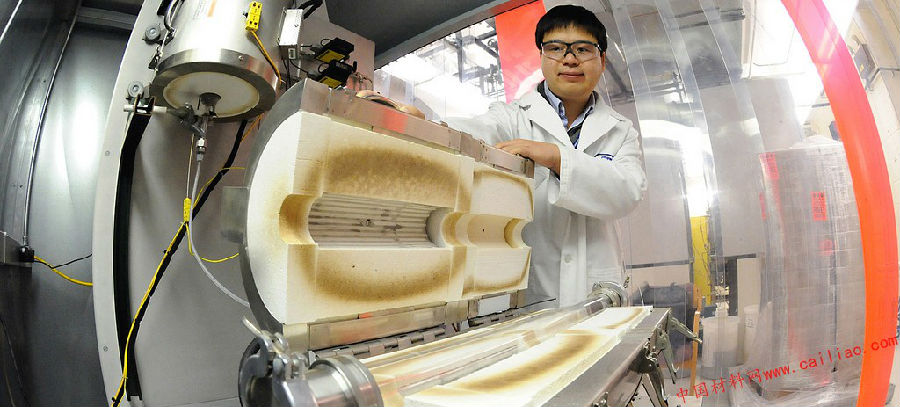In addition to the battery capacity problem, the biggest problem is that the maximum amount of charge that can be charged will decrease with a second charge. Now, scientists have developed a new lithium-ion material that can withstand 30 times more charging than current materials.

Sharp and Kyoto University have collaborated on the development of new materials. They proposed the use of lithium iron phosphate compounds for cathodes, thereby increasing battery life. A typical laptop battery will retain only 80% of its original charge after being subjected to 300 times of charging, while the battery using the new material will drop to 80% of the capacity, requiring 10,000 charges. Experiments have found that batteries made with this material will maintain a maximum capacity of 80% after 10,000 charges, while still maintaining a 70% capacity after 25,000 charge cycles.
The researchers found that when LiFePO4 was charged, the performance of the battery was improved by adding extra elements to the solute. Researchers use computer modeling to simulate the performance changes of various added elements. Although there is no way to calculate the life of batteries made of these materials directly from predictions, when they are lithiated and delithiated, the number of charge and discharge times can be estimated by the volume change. In the experiment, the researchers found that adding only 3% to 6.5% of new materials, such as silicon or aluminum, compared performance to existing batteries.
Although these additional elements are introduced into the battery, the initial capacity of the battery is reduced. But for some applications, this will be a valuable change.
Socket Weld Tee,Forged Unequal Socket Weld Tee,Forged Socket Weld Tee,Forged Socket Weld Tee High Pressure
Wenzhou Kezheng Valve Pipe Fitting Co., Ltd. , https://www.kezhengfitting.com